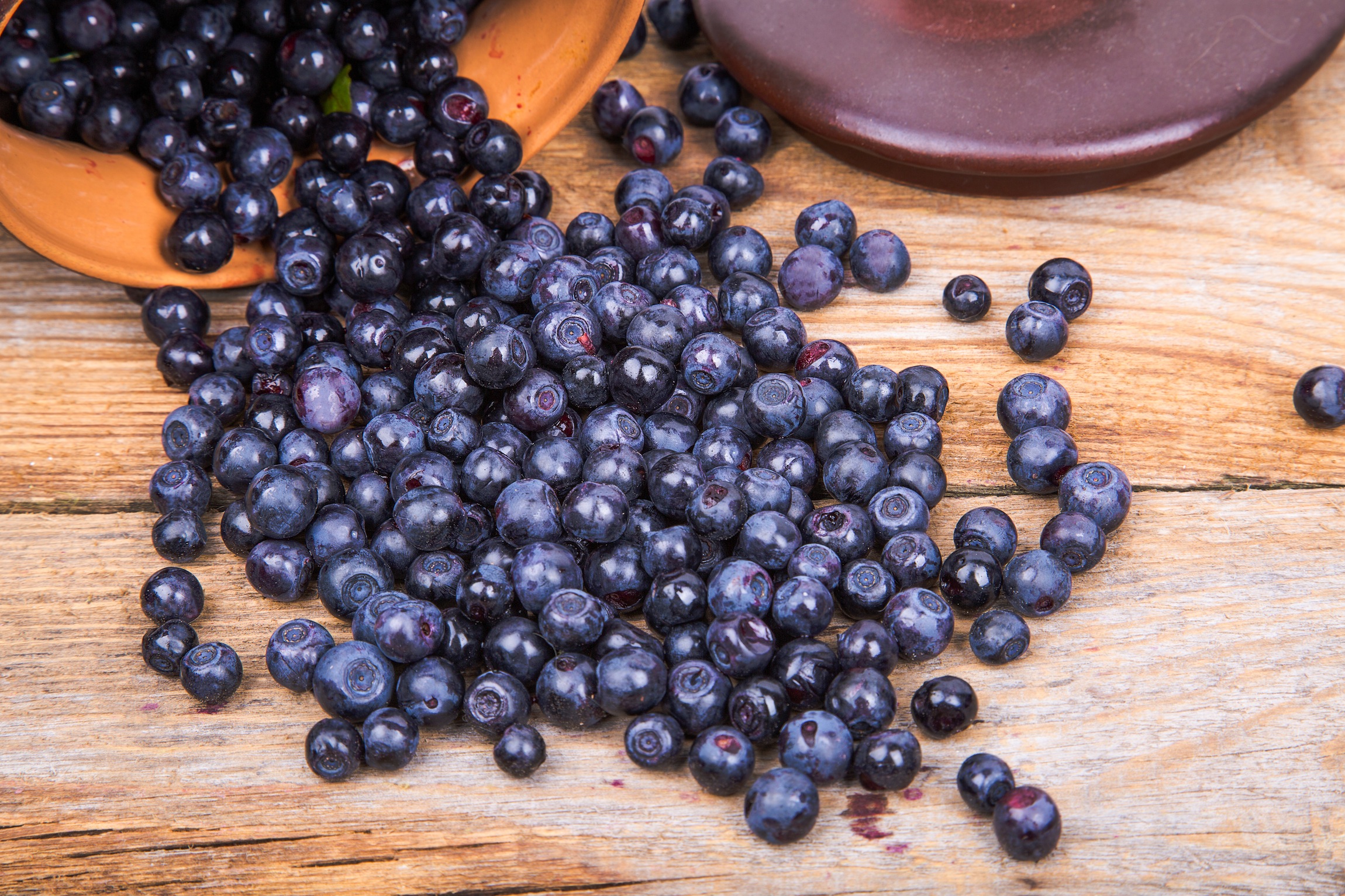Canada: China, South Korea dominate BC blueberry export anticipation
The 2016 British Columbia blueberry crop won’t be as early as last year’s, but growers are hopeful they’ll get export approval earlier for China and South Korea.
BC Blueberry Council executive director Debbie Etsell tells www.freshfruitportal.com the 2015-16 winter was not as in 2014-15, which will lead to a more normally timed season.
“So it’s not looking like the three to four weeks early we had in previous years; it still does look a bit earlier, maybe a week, but a lot of things can happen in April and May,” she says.
“There haven’t been any deep freezes, heavy frosts or ice storms. It’s been a fairly even winter with some good chilling days and we’ve been starting to get some nice warm days now – it’s looking good so far.”
While the U.S. continues to be Canada’s top blueberry export market and Etsell believes there’s more room for growth at home too, the main question on everyone’s mind is when will Chinese and South Korean inspectors set a date for visiting orchards?
Both countries opened access and approved registered orchards late in the deal last year, which meant only small volumes went to China and South Korea didn’t receive anything.
“We’re hoping [they’ll visit in] July for both China and South Korea – we’re waiting to see on that.
“Right now I would say there’s a lot of excitement about the China market and we do have all of our applications for the packers and the fields have been submitted to our inspection agency.
“We have so many people from China right now wanting to buy the fruit and connect with suppliers to start negotiating on how much they can get and pricing.”
Etsell is confident the process will be timely with South Korea but she is not 100% sure about China. When asked about expected volumes that could be sent to the latter, she says it’s too early to tell.
“I don’t think it’s going to be super large – last year it was very small; it’s going to be bigger than last year, but how much bigger than last year we’re not sure of at this point.
“The Pacific Northwest is growing quite rapidly in production and we’re all fairly situated close to one another and we all come in around the same timing, so I think everybody is happy to see there is demand from China and that Canada does have the potential for Canadian product to go out.”
She adds Japan is the province’s second-largest blueberry export market, while there have also been emerging market opportunities in Europe, the Middle East and India.
And even though British Columbia produces the last crop in North America, she says a public-private partnership in breeding with the government and other berry groups (strawberries and raspberries) has been aiming to obtain varieties that can be grown later.
“We’ve been quite comfortable in BC because we’ve been the last crop in North America to be shipped out but there are other growing areas coming on strong and it’ll be interesting to see how this plays out over the years.
“It depends on how it comes with weather but [those countries could be] Argentina, Mexico and there are some areas like Australia that are trying to go for 52-weeks per year production under tunnels and in pots.”
03/30/2016
Fresh Fruit Portal







